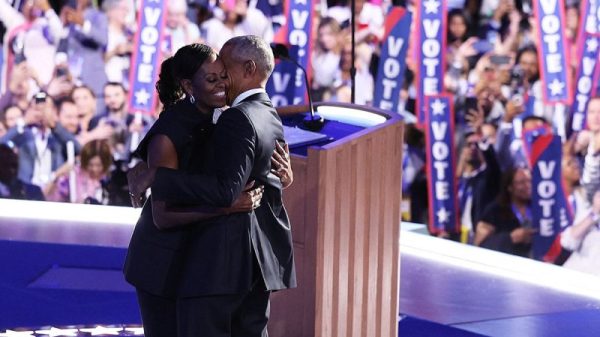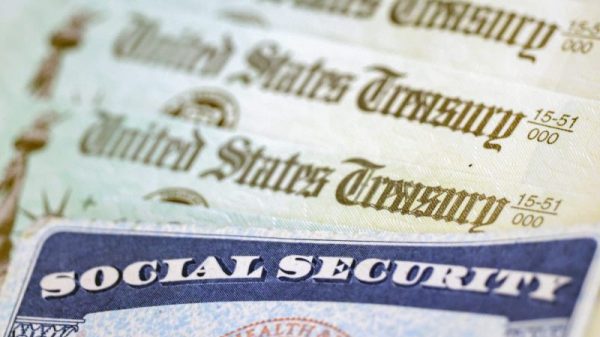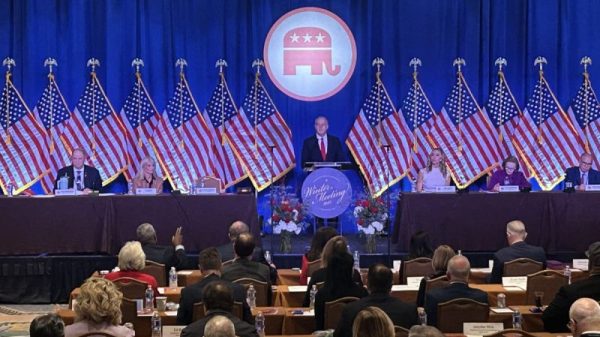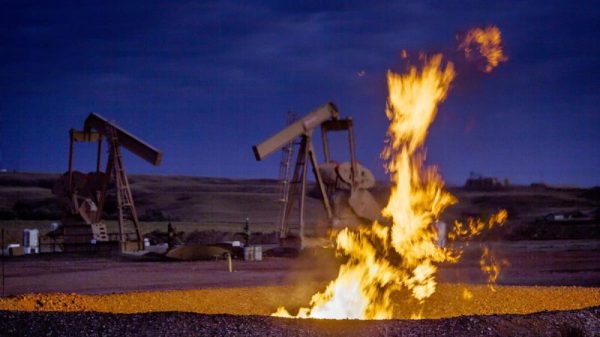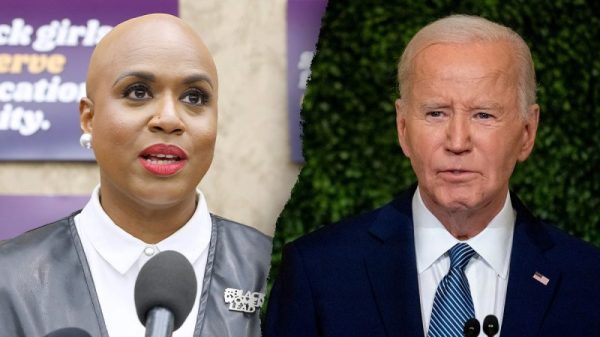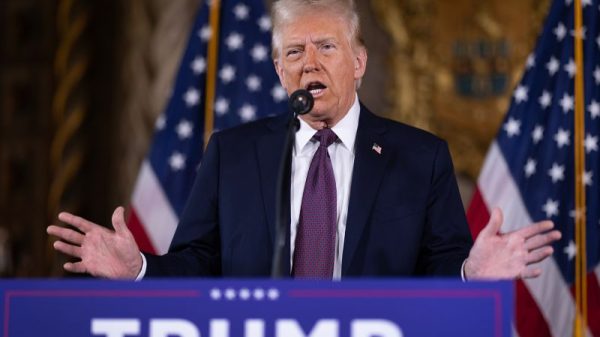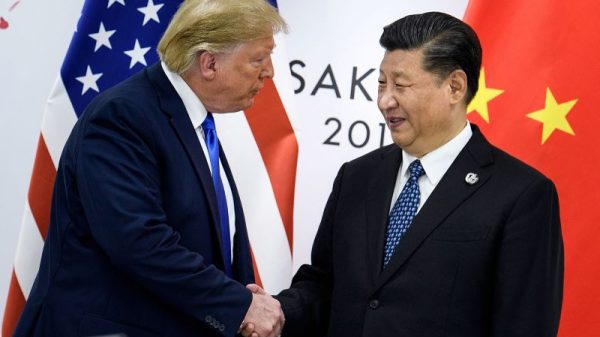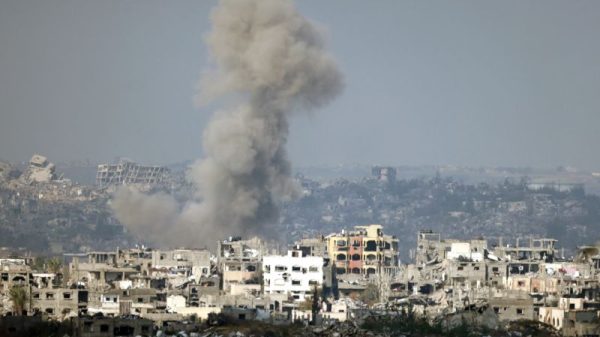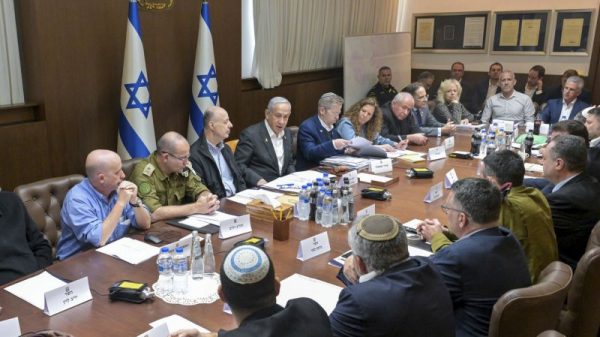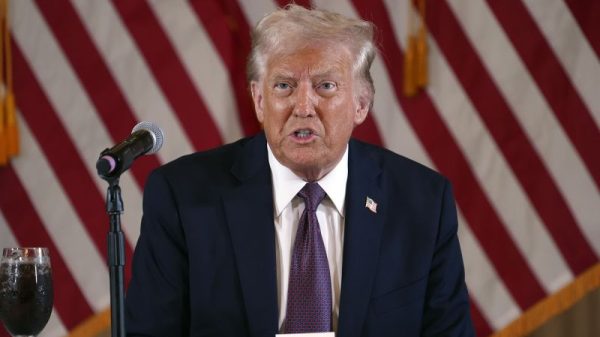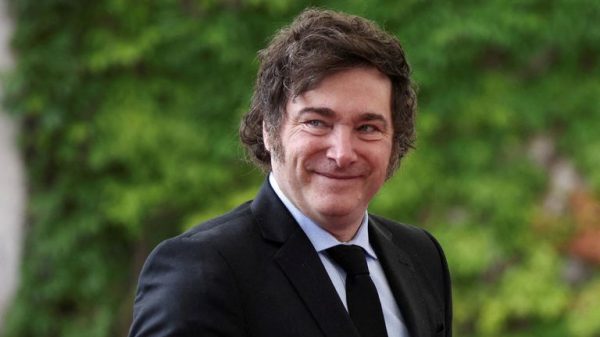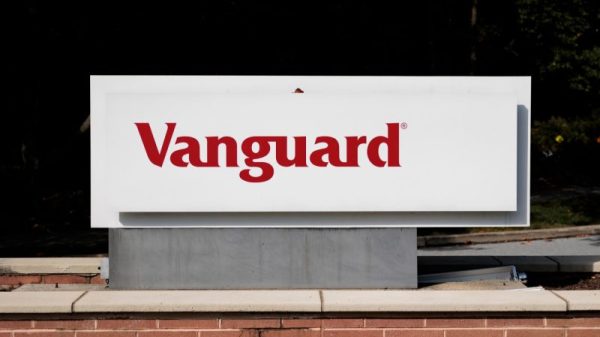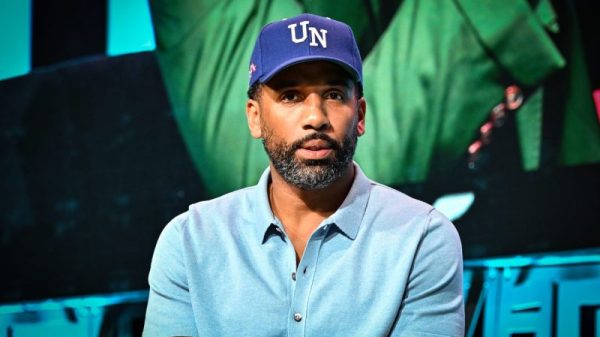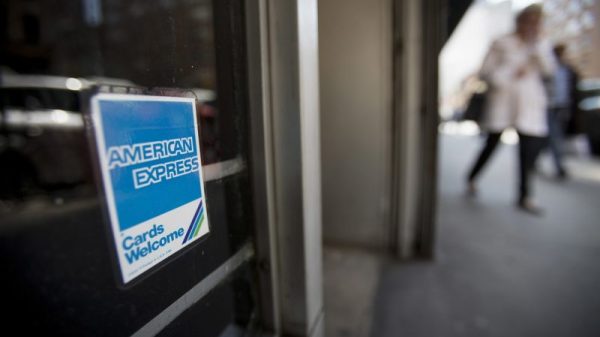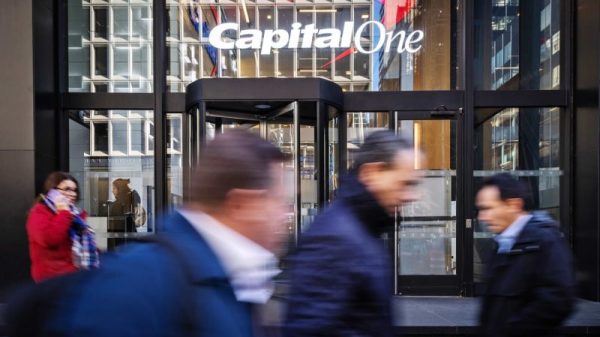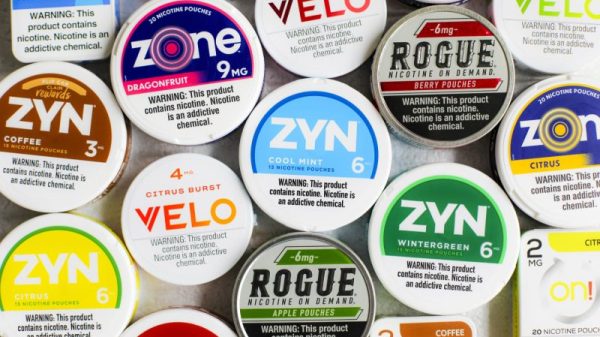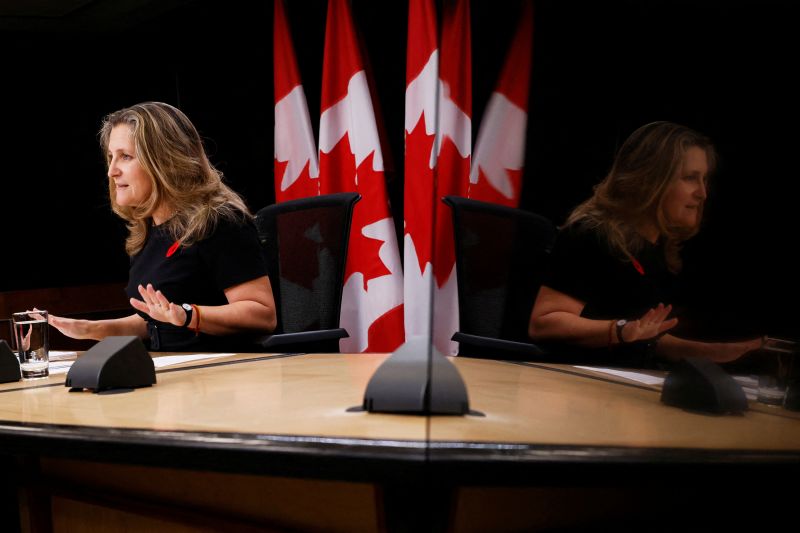After nearly a decade in power, Canadian Prime Minister Justin Trudeau finally bowed to a chorus of criticism that had become too loud to ignore, announcing his resignation on Monday. Among the loudest critics was one of his most loyal and longest-serving deputies.
In December, then-Deputy Prime Minister Chrystia Freeland had sharply rebuked what she described as Trudeau’s pursuit of “costly political gimmicks,” referring to recent policy proposals including a two-month sales tax holiday and 250 Canadian dollar ($175) rebates for most workers.
She and Trudeau had “found ourselves at odds about the best path forward,” she wrote in a resignation letter, adding a jab at her boss’s waning popularity: Canadians “know when we are working for them, and they equally know when we are focused on ourselves,” Freeland said.
Just a few weeks later, Trudeau would announce his own resignation.
“Removing me from the equation as the leader who will fight the next election for the Liberal Party should also decrease the level of polarization that we’re seeing right now in the House and Canadian politics,” he said on Monday as he stepped down.
While Trudeau had already faced heat from a disenchanted public and rising opposition movement, Freeland’s public letter was a stunning turn for a once-steadfast ally of Trudeau.
Was it also her campaign manifesto? Members of Trudeau’s ruling Liberal Party are now preparing to vie for the top seat, and the 56-year-old Freeland is already widely seen as one of the top possible contenders.
A poll conducted last week by prominent Ottawa-based pollster Nik Nanos for CTV gave Freeland an edge when Canadians were asked to pick which of nine possible candidates for the leadership of the Liberal Party they found most appealing.
Canada’s opposition politicians also appear to see Freeland as a possible successor; a video shared by Conservative Party leader Pierre Poilievre last week heavily focused on Freeland alongside Trudeau in its depiction of the “wackos” in the government.
Who is Chrystia Freeland? The ‘minister of everything’
Freeland, a longstanding figure of the Liberal Party, has held a range of positions in the Canadian government, emerging as a magnet for international attention and earning the occasional moniker in local press as “minister of everything.”
During the first Trump administration, Freeland – then foreign minister – engaged in high-profile clashes with the United States over Trump’s decision to impose tariffs on steel and aluminum imports from Canada.
She was closely involved in the arduous negotiations to revise the longstanding North American Free Trade Agreement, or NAFTA, which Trump has indicated he wants to renegotiate yet again.
Freeland has since become a personal target for Trump, who recently criticized her as “totally toxic and not at all conducive to making deals.”
Freeland has said Trump acted as a “bully” during negotiations after Trump’s son-in-law and senior adviser Jared Kushner criticized her own negotiating tactics in his memoir.
Born to a Ukrainian mother in the western province of Alberta, Freeland studied at Harvard University before going on to work as a journalist covering Russia and Ukraine for several years.
She then worked in Canada before successfully running a campaign for a place in Parliament within Trudeau’s Liberal Party in 2013. After Trudeau was elected prime minister, Freeland’s career also ascended. First to the position of minister of international trade, followed by minister of foreign affairs before finally filling the role of deputy prime minister.
After Canada’s finance minister resigned after an ethics scandal in August 2020, Freeland was appointed to that position and handed a struggling economy crippled by the effects of the Covid-19 pandemic.
In this role, she was tasked with overseeing an overhaul of the government’s finances and slashing a deepening deficit. Those responsibilities and the challenges associated with them contributed to the unraveling of her relationship with Trudeau as he introduced economic policies she disagreed with.
“There’s a huge Ukrainian diaspora community in Canada and the fact that she’s able to speak to them in their language and identify with them has actually been a strength for her,” said Turnbull.
Freeland played a key role in positioning Canada as a staunch supporter of Ukraine by pushing to freeze billions of dollars worth of Russian assets and provide expansive financial aid packages to Ukraine.
“I really think we cannot understate the extent to which that Ukrainian battlefield is the battlefield of democracy and dictatorship,” Freeland said in an interview at the Council on Foreign Relations last November. “I think it is absolutely possible for them to win. And we just need to give them a little more support.”
In the same interview, Freeland voiced her support for Ukraine to join NATO.
Her hardline stance on Russia has led her to run afoul of Moscow. In 2014, Freeland was among 13 Canadian officials hit with Russian sanctions. In response, she expressed her love for the Russian language and culture, while also noting that “it’s an honor to be on Putin’s sanction list.”
A Freeland government?
Among Canadians, Freeland is viewed as a capable politician but one closely associated with a government many have soured on amid a pained economy.
No matter who takes Trudeau’s mantle within the Liberal Party, their mandate could be short-lived.
As he resigned, Trudeau suspended Parliament until March 24. Once Parliament reconvenes, whoever ends up leading the Liberals could face a confidence vote. That’s one reason Canada’s next prime minister is likely to try to keep parliament in a state of suspended animation for as long as possible.
The Liberal Party’s path to holding onto power is already fraught, with polls showing Conservatives with an assertive lead in the coming general election this fall, according to Nanos.
“It’s going to be massively difficult for the Liberals. They’re more than 20 points behind the Conservatives and the Conservatives have had a double-digit lead for almost 18 months,” Nanos said. “Because they’ve been in power since 2015 there’s a wave of change in the country right now that is being ridden and led by Pierre Poilievre, the Conservative leader.”
Pain in the Canadian economy, already under strain from inflation and high living costs, has been compounded by Donald Trump’s threat of a looming tariff on goods from Canada and Mexico, unless they take stiffer action on immigration.
Canada has seen continual population growth, fueled partially by record immigration. But Freeland has hinted at potentially cutting back on immigration; in an interview with the CBC (Canadian Broadcasting Corporation) in the wake of Trump’s reelection, Freeland said that new migrants must arrive in Canada in an “organized, systematic way.”
Whoever wins the leadership of the Liberal Party faces an uphill battle and will likely need to lead the charge to remake the party, suggest polls and analysts. “I don’t think anybody expects that the Liberals are going to come first the next election. So the question is really about who’s going to rebuild the party,” Turnbull said.
